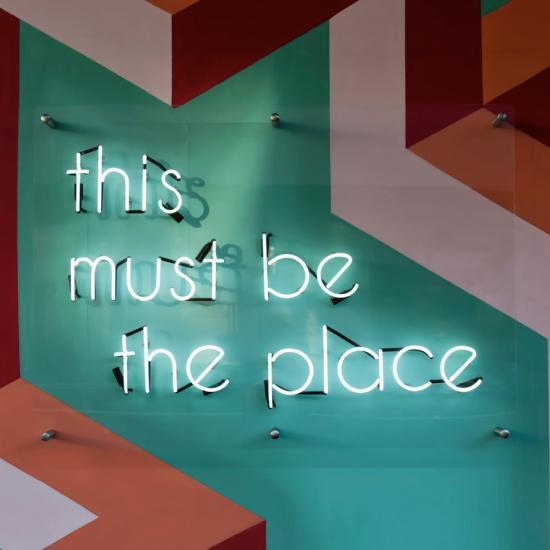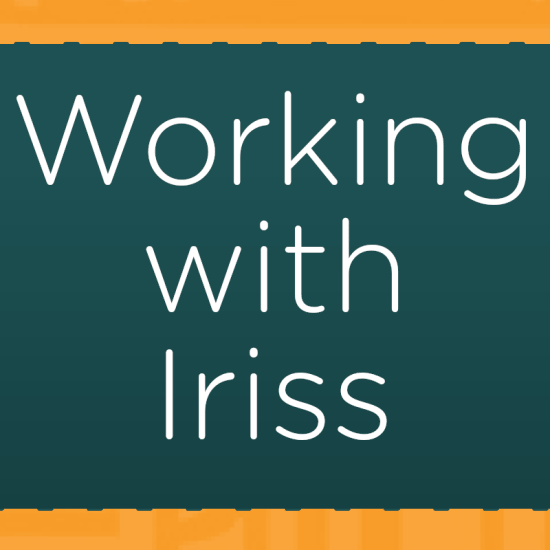Great expectations: social work student perspectives on placements
“I wanted that first placement to be something that I would be like ‘okay is social work the right career for me, is this the right job for me?" - Reflection from an early career social worker on their third sector placement.
‘I learned a lot, but it wasn’t what I expected it to be’ is the message we’ve heard loudest from the students and recently workers we’ve been speaking with recently about their placement experiences.
Ringing Bells
Thinking about project themes, across the sector
Earlier this month, as part of a project we are working on in the ethical commissioning space, we met with a team of care home managers. The session really made us think about the circumstances that these providers are operating in.
The Value
Getting clear on the value of third sector placements for social work students
Having been working on Voice and Visions for nearly six months, it is safe to say we have heard a lot about the third sector social work student placement world; from third sector representatives, link workers, practice educators and people in the university world. Thank you so much to those who have lent their experiences to this project so far.
But, we still have time for more! We are next meeting online on 23rd September, and we’d love to see you there. You can sign up here https://forms.office.com/e/8nnahMV4Q0.
Closing thoughts
A reflection on our time working with Abbotsford Care
A few weeks ago, I headed out to Fife to round off our project with Abbotsford Care. The train journey across the Forth and through the East Coast countryside is a perfect setting for reflection. And so I did just that: a reflection on all the things I’d learned throughout this project; from what we aimed to create, what we had to adapt, and what came to light that we didn’t expect.
And now, over to you...
Perspectives shared from third sector organisations at our first Voices and Visions session
And we are off! Earlier this week, we had our first Voices and Visions online session. We were delighted to welcome so many representatives from third sector organisations who are currently, or who are planning to host social work student placements. We wanted to listen, and to hear broadly about different experiences, and to begin to unpick what’s involved for third sector organisations when they host a social work student placement.
Introducing Voices and Visions
Collaborating for improved third sector social work student placements
Along with our project partner, People Know How, we are beginning to look at social work student placements in the third sector; how they are now, and building a vision for the future.
Inside an Iriss project
A reflection on our conference workshop about our work with Passion4Fusion
You might have followed our work last year with Passion4Fusion, a community organisation working predominantly with families from the African diaspora. It was an excellent project to be part of, full of constructive conversation and effective partnership working.
Finding hope
We've found hope for change in social support, through creating our commissioners toolkit 'Enabling Social Support for People with Epilepsy'
With funding from the Scottish Government, Quarriers, Epilepsy Connections and Epilepsy Scotland worked with Iriss to develop a national approach for commissioners to improve the availability of social support for people with an epilepsy diagnosis. Social support takes many forms, from peer support groups; to phone support from a national helpline; to formal counselling; or even taking part in activities organised by epilepsy organisations.
From Clinic to Community
Support for people for people with epilepsy needs to go beyond meeting their clinical support needs.
In our work with Quarriers, Epilepsy Scotland and Epilepsy Connections, we’ve been talking with people who are living with epilepsy. We’ve heard how it impacts them, and what they need to support them to manage the condition. Epilepsy is a condition that impacts around 58 000 people in Scotland. It is one of the most common neurological conditions, and is lifelong.









